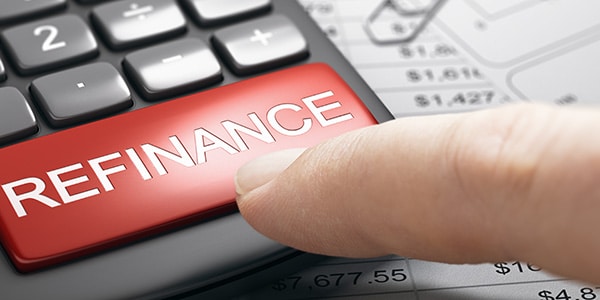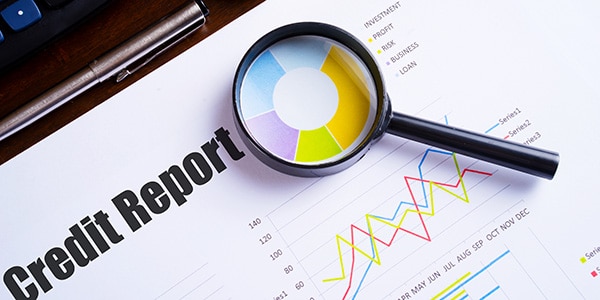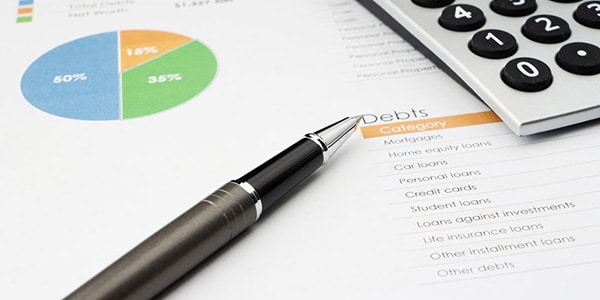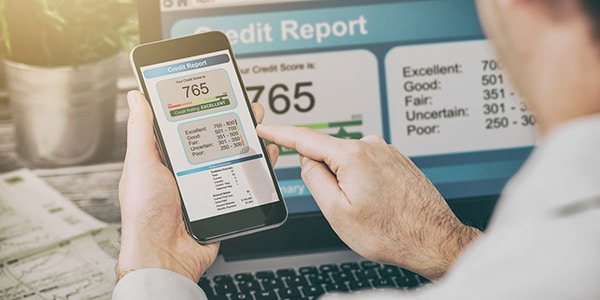Quick Answer:
Getting a car loan when you have no credit can be difficult, but it is possible. We'll show you how to get a car loan with no credit so you can get behind the wheel and on the road to building your credit. It starts by understanding what credit is and then working through the strategies to get a car loan with no credit.
Table of Contents:
- Understanding Credit
- Getting a Car Loan with No Credit
- Beware of Financing Through the Car Dealership
Understanding Credit:
For many, “credit” probably conjures up a reasonably nebulous mental image. But, of course, you may know that it has something to do with borrowing money and paying it back over time. Still, beyond that, the details are probably pretty fuzzy. Well, consider this your crash course.
What is credit?
In a nutshell, credit is simply the ability to borrow money. When you have good credit, lenders are more likely to loan you money – and they’ll probably give you more favorable terms, like lower interest rates.
What is no credit?
Having no credit is actually not as bad as it sounds. If you have no credit, you don’t have any active accounts that are being reported to the credit bureaus. This usually happens when you’re young and haven’t taken out any loans or opened any lines of credit yet. It’s also common among immigrants who may have established financial history in their home countries but not in the United States. So having no credit is not necessarily a bad thing. In fact, some lenders may actually see it as a positive sign since you don’t have any negative marks on your record.

Get Pre-Qualified for a New Auto Loan
What is inactive credit?
Inactive credit is similar to having no credit in that it means you don’t have any active accounts being reported to the credit bureaus. However, the difference is that inactive credit generally refers to people who have had credit accounts in the past but are no longer using them. This could be because they paid off their debts and closed their accounts or because they’ve become “zombie” accounts that still exist but aren’t being used. Inactive credit can be seen as both good and bad by lenders. On the one hand, it shows that you can manage debt responsibly. Still, on the other hand, it can make lenders worry that you’re not actively using your lines of credit.
What is low credit?
Having low credit is precisely what you think it is. It means you have active accounts with negative marks being reported to the credit bureaus. This could be because you’ve made late payments, exceeded your credit limit, or defaulted on a loan. Low or bad credit can make it challenging to get approved for new loans or lines of credit. If you get approved, you’ll almost certainly pay higher interest rates than people with good credit scores. That’s why it’s so important to stay on top of your payments and keep your debt under control. Missing just a few payments can tank your score for years to come.
Are no credit and low credit the same thing?
Absolutely not. As we’ve explained, having no credit means you don’t have any active accounts being reported to the credit bureaus. That’s not necessarily a bad thing. On the other hand, low or bad credit means you do have active accounts with negative marks being reported. This will make it harder for you to get approved for new loans and lines of credit — and if you are approved, you’ll probably pay higher interest rates.

What is a good credit score?
A good credit score is any score that falls in the “good” or “excellent” range on the major credit scoring scale. For FICO scores, that’s a score of 670 or above. For VantageScores, it’s a score of 700 or above. Generally speaking, having a good credit score means you’re a low-risk borrower, which means you’re more likely to get approved for loans and lines of credit. In addition, you’ll probably get more favorable terms, like lower interest rates. So if you currently have no credit, this is what you should aim for.
Getting a Car Loan with No Credit
You’ve finally saved up enough money for a down payment on a car, but there’s one more obstacle in your way: you have no credit history. But don’t worry — it is possible to get a car loan with no credit. Here are a few things you’ll need to do.
Collect All the Proper Documents
One of the first things any lender will want to see is proof of your employment history and current pay stubs. They’ll also want to see previous addresses and how long you lived there. If you have any bills that you’re regularly paying, such as rent or utilities, those can also help build trust with the lender. Finally, they’ll need to see your driver’s license. Collecting all of these items ahead of time will help speed up the loan process once you find a lender.

The lender will want to see all of this information to verify that you are who you say you are and that you’re capable of making regular payments on the loan. For example, your employment history and current pay stubs show you have a steady income. In addition, an address history indicates stability, and you’re not at a high risk of defaulting on the loan.
Find a Cosigner
You may need to find a cosigner for your loan if you don’t have any credit history. A cosigner is someone who agrees to take on the responsibility of the loan if you cannot make the payments. This is a significant risk for the person, so make sure you can make the payments before asking someone to cosign for you. If you default, they’ll be stuck with the bill, and their credit will also suffer.
Speaking of credit scores, it is also important that your cosigner has good or excellent credit. Since you have no credit history, the lender will heavily rely on your cosigner’s credit score to decide the interest rate and whether or not you qualify for the loan. On the other hand, if your cosigner has low or bad credit, you may still be eligible for a loan, but it will have a higher interest rate which may defeat the purpose.
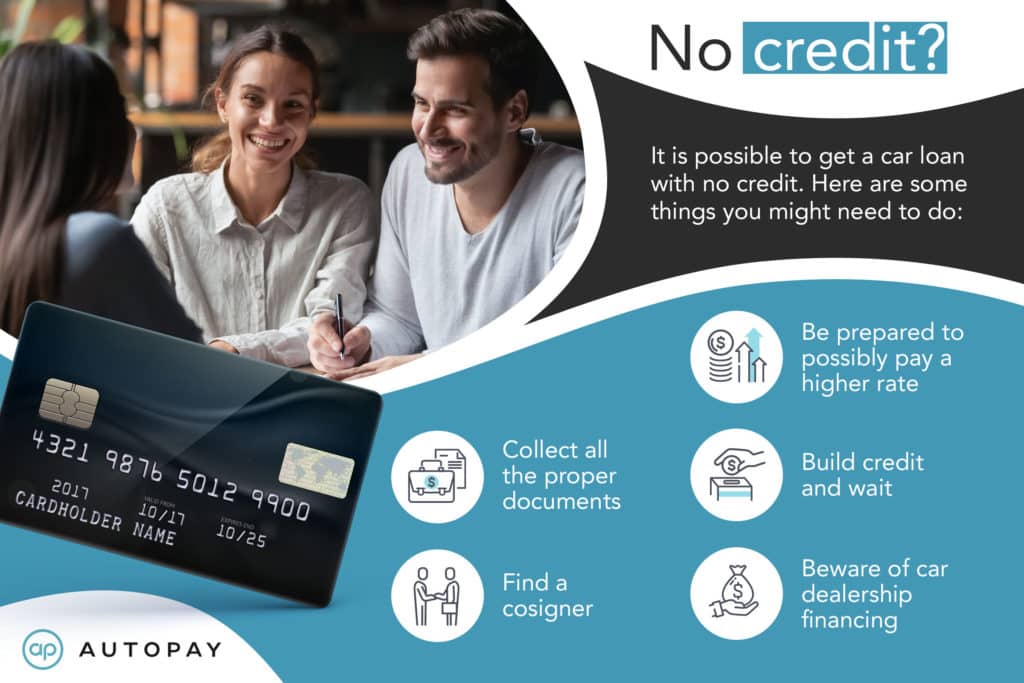
Now is The Time to Refinance Your Car Loan
Save for a Bigger Down Payment
A down payment is the money you put down when you get the loan. The bigger the down payment, the less money you’ll need to borrow, and the lower your monthly payments will be. Lenders often like to see a down payment of 10 percent or more, but if you can swing 20 percent or more, that’s even better.
A more significant down payment also shows the lender that you’re serious about making regular payments on the loan since you have more skin in the game. This can help offset some of the risk associated with lending to someone with no credit history.
Be Prepared to Pay a Higher Interest Rate
Unfortunately, you will likely be charged a higher interest rate on your loan if you don’t have any credit history. This is because you’re seen as a higher risk to the lender, and they want to be rewarded for that risk.
If you have a cosigner with excellent credit, their good credit can help offset some of the risk, which may result in a lower interest rate. But if you don’t have a cosigner or your cosigner has bad credit, you’ll likely be stuck with a higher interest rate.
Build Credit and Wait
If you cannot get a car loan with no credit right away, don’t worry. You can take some steps to build your credit to get a loan in the future. This is more of a long-term strategy, but it will help you get better terms when you’re ready to apply for a loan. There are easy and sure ways to build your credit score, so researching and finding what works best for your situation is a good place to start. General ways people begin to develop a good credit score include:
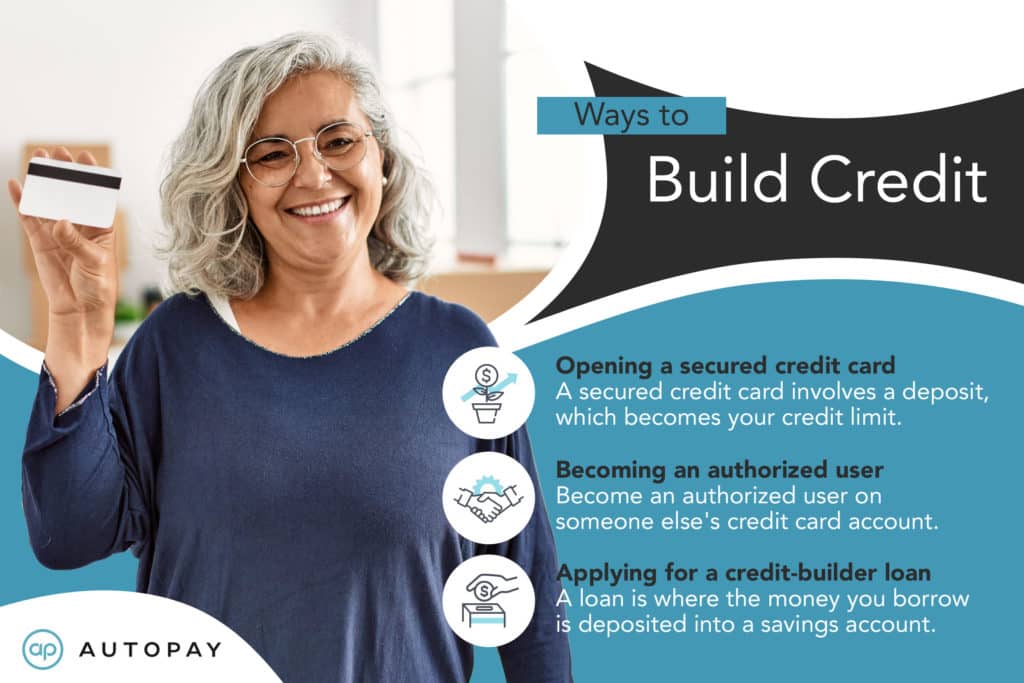
- Opening a secured credit card – A secured credit card involves a deposit, which becomes your credit limit. For example, if you put down a $500 deposit, your credit limit — and maximum balance — will be $500. This is an excellent way to build credit because it shows that you can manage a credit limit and make regular, on-time payments.
- Becoming an authorized user – You can also become an authorized user on someone else’s credit card account. This means you’ll have your own card that you can use, but the account will be in someone else’s name. As long as the account is in good standing, this will help build your credit score.
- Applying for a credit-builder loan – A credit-builder loan is where the money you borrow is deposited into a savings account. Once you make all your payments on time, you’ll have access to the money in the account, plus any interest earned. This is a good way to develop a credit history because it shows that you can make regular, on-time loan payments.
Beware of Financing Through the Car Dealership
Many car dealerships offer in-house financing, which may seem convenient if you don’t have any credit. In addition, they often claim they can finance anyone, no matter their credit score. But beware — these loans frequently come with high-interest rates, and you could pay more for your car than it’s worth.
Why do they do this? In truth, dealerships make very little profit from the vehicle sale. Instead, their profit comes from other products they sell, such as extended warranties, gap insurance, and — you guessed it — financing. So while they may claim to be helping by financing you, they’re really just trying to make more money off you in the long run.

If you decide to finance through the dealership, shop around at different dealerships for the best interest rate. And if you can get pre-approved for a loan from a bank, credit union, or another third-party lender before going to the dealership, that’s even better. This way, you’ll know exactly how much car you can afford and what interest rate you’ll be paying. Otherwise, you’ll be looking at a much higher interest rate and could end up in a loan you can’t afford. And that will leave you looking for tips on how to get out of a bad car loan.
Bottom Line
Getting a car loan with no credit is possible, but it may not be easy. You’ll likely need a cosigner or a sizable down payment, and you can expect to pay a high-interest rate. If you cannot get a loan right away, take some steps to build your credit to get better terms in the future. Whatever you do, beware of financing through the dealership. They often try to make more money off you by offering loans with high-interest rates.

